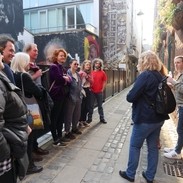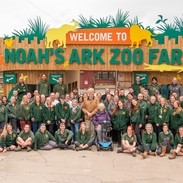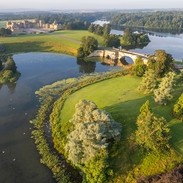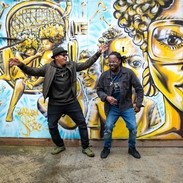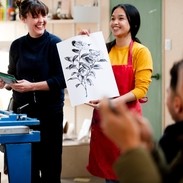What is digital marketing?
Photo by: Getty Images/E+/SolStock
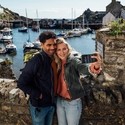
Introduction
Digital marketing is everything you do to promote your tourism business online, including websites, email newsletters, social media, online videos, digital advertising and search engine optimisation (SEO).
How can digital marketing help my business?
The internet has become everyone’s main source of information – we use it for everything from shopping, booking hotels and attractions or getting dinner recommendations. Having an effective online presence is an essential part of tourism marketing.
Digital marketing in tourism is a way of communicating to visitors and customers more effectively. It can help you engage with your existing audience, access new markets, fine-tune your messaging and, most importantly, grow your business.
Digital marketing is cost-effective
A digital marketing strategy allows you to manage your time and resources effectively; it can be extremely affordable, and in some cases, free.
Digital marketing is measurable
It enables you to track your successes - who is engaging with your content, where from, how much time they spend with you online and how this translates into bookings and sales.
Digital marketing allows you to target specific audiences
SEO, effective pay-per-click advertising (PPC) and social media ads can help you tailor your tourism marketing to reach specific types of customer. That means you can use your resources much more efficiently.
Digital marketing is global
Even the smallest travel and tourism businesses can access a worldwide marketplace, reaching potential customers all around the globe.
Digital marketing creates communities
You can use digital marketing to tell the story of your business in many different ways. As well as introducing visitors to your business, you can build an online community and create content that gets people engaged and interested with the work you do.
Eureka! The National Children's Museum, Halifax
“We consciously moved away from more traditional marketing channels because – simply put – our audience wasn’t there anymore. We found digital channels to be much more cost-effective and targetable. Plus, we could monitor and track which content worked best, on which sites, and quickly adapt where we needed to.”
“Our main digital tools are our website and our social media presence, particularly Facebook, as that is the main social network that parents use. We also ask our visitors if they’d like to get our email updates when they make a booking, so our email list is a good size and has a healthy opening rate. The average open rate is 20%, but since the first lockdown this has risen to more than 50% on occasion.”
Sophie Ballinger, Eureka!
Photo by: Jonathan Pow/Eureka
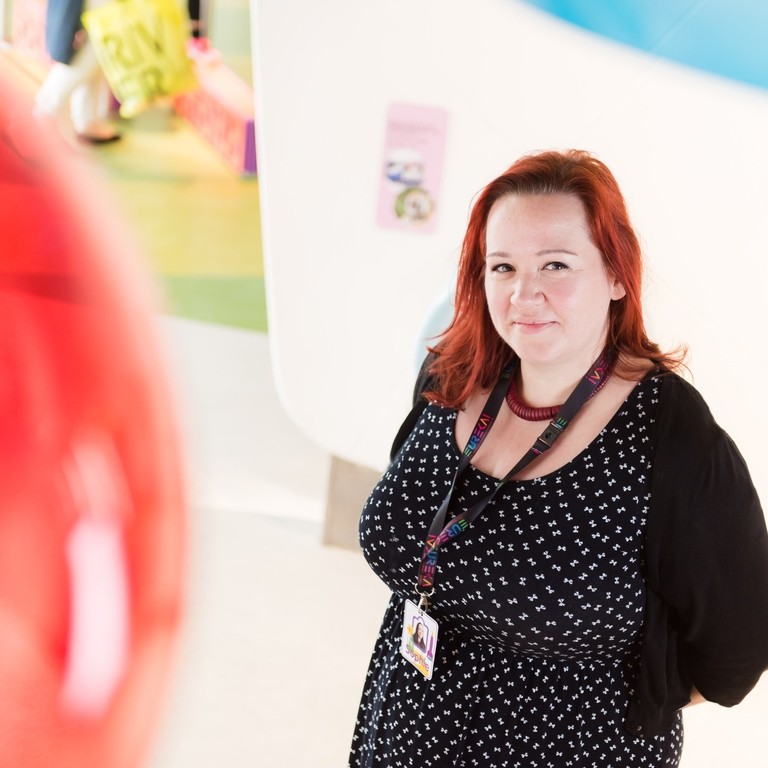
How much time do I need for digital marketing?
It’s a good idea to allocate a set amount of time every week specifically for your online marketing. It should become a regular part of running your tourism business or attraction. Initially, you might find a couple of hours a week is enough – but as your business grows and your needs evolve, you may find more time is required.
It’s also important to set aside time to analyse results, which gives useful information about your customers, how they have interacted with your campaign how you can you use it to improve your results in future.
This digital marketing toolkit covers the basics and next steps to take once you’re familiar with the key ideas. You will also find case studies showing tourism marketing examples to inspire you, as you think about ideas and techniques for your own business.
The Collection, Lincolnshire Museums
“Our digital marketing is done by the staff working on site, alongside their day-to-day roles. This works well for us, as they have the insider knowledge on what we do and how we want to project that.”
“We also work with the University of Lincoln to part-fund a social media intern for six months. Their role is to support us with all aspects of digital marketing and gain experience working alongside a number of teams. It’s an opportunity for young people to get a paid role and experience; we benefit from fresh and new ideas from someone skilled in marketing.”
The Collection, Lincolnshire Museums
Photo by: The Collection - Lincolnshire County Council
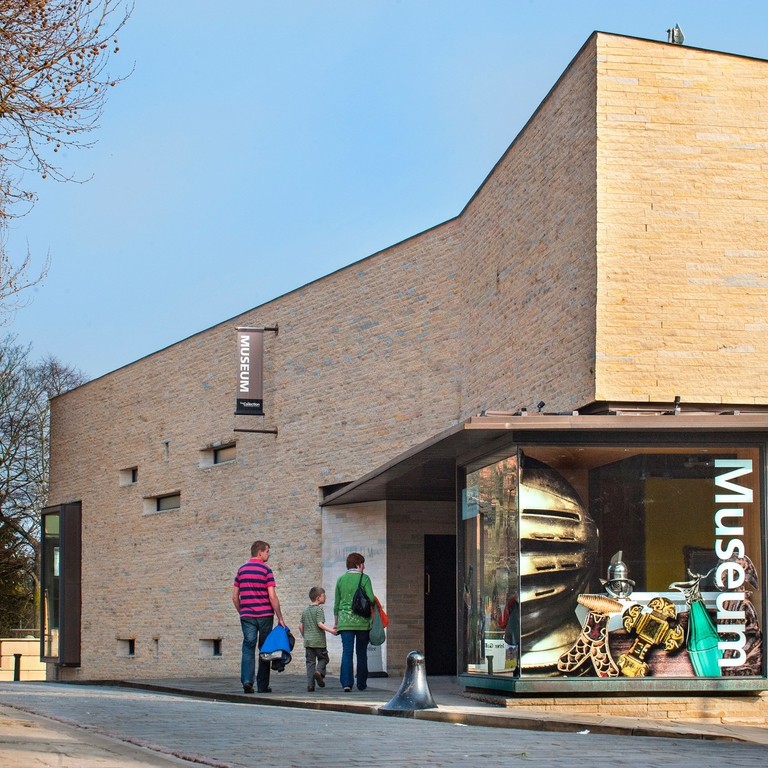
nav
Contents


